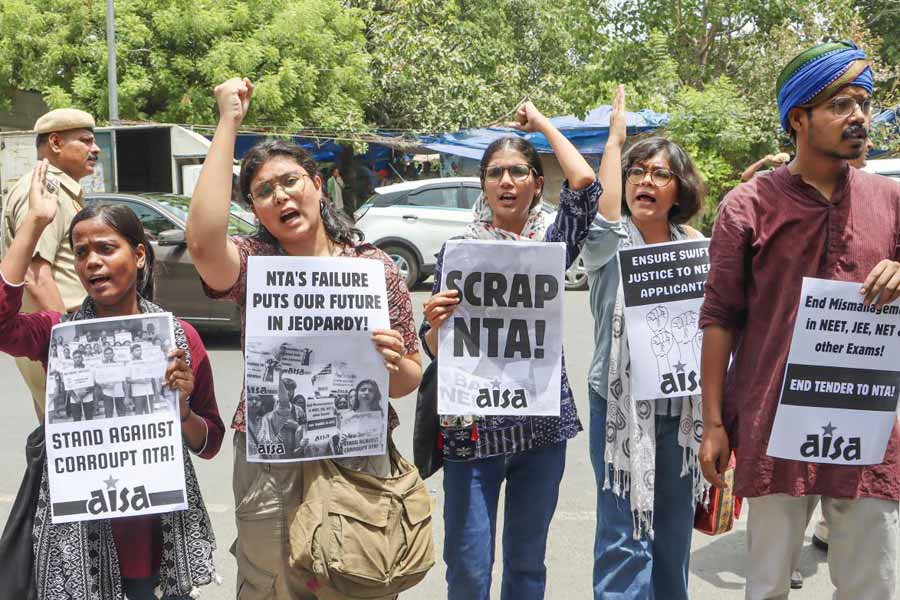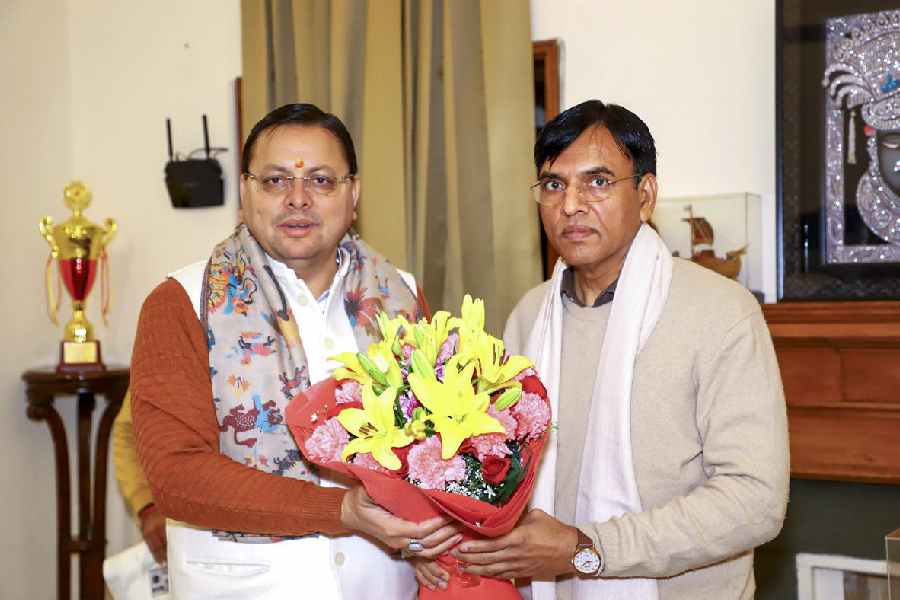The United Nations COP15 summit on biodiversity reached a landmark decision in Montreal, Canada, earlier this week, with 195 nations committing to the conservation of 30% of all land and water on the planet by 2030. At a time when forests and oceans are being depleted and polluted at record rates, and species of flora and fauna are being pushed into extinction, bold targets to reverse these trends are welcome — although as always, the devil will lie in the details. Wealthy nations are expected to aim to provide $200 billion in support for these initiatives by 2030, including a minimum of $20 billion a year until 2025 and $30 billion annually after that. The Democratic Republic of the Congo, home to the world’s second-largest area of rainforests, had objected to the deal, arguing that the financial commitments from developed countries were not enough. Nor are they legally binding. The DRC was eventually convinced to accept the deal, but its concerns are legitimate: the Global North does not have a good track record in meeting its commitments on financial support for climate and biodiversity initiatives in poorer nations.
Other differences among signatory nations could also trip up the implementation of the COP15 deal. India, for instance, objected to suggestions that each nation must meet the goal of protecting 30% of its water and land. The Union environment minister, Bhupender Yadav, told the Montreal conference that such area-based targets are not acceptable. India also pushed back against a proposal to drastically cut down subsidies for fertilisers, fuel and other ingredients used in the farming, forestry and fishing sectors, arguing that it needed to balance the long-term protection of the planet with the livelihood needs of its population. India’s criticism underscores how different nations have different prisms through which they view COP15. To genuinely preserve biodiversity, it is also vital that governments around the world empower the indigenous communities that have over centuries protected water bodies, forests and the planet itself. Research has shown that indigenous peoples — often among the most discriminated communities — remain humankind’s best bet to secure nature for the future. Yet, in paying lip service to them, COP15 failed to provide a clear roadmap to strengthen their hands. For too long, the world has stumbled along in the face of an existential climate and biodiversity crisis, pacifying itself with promises. Now it is time to start keeping them.











